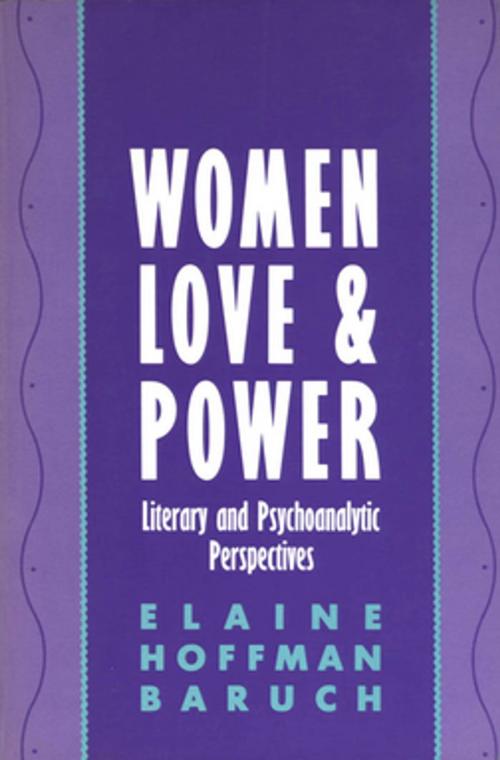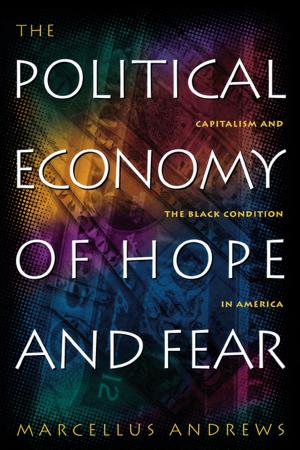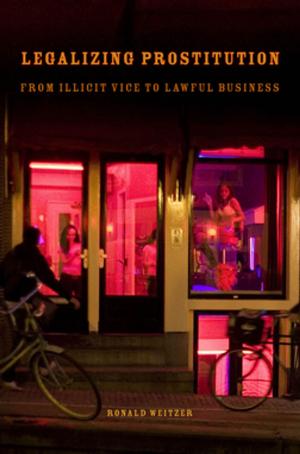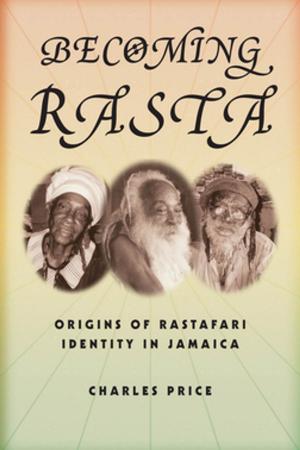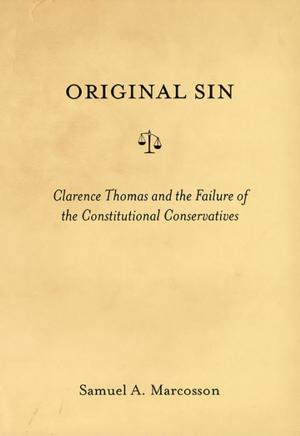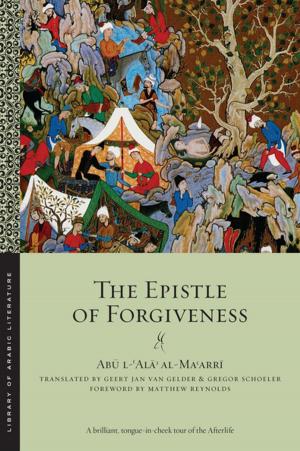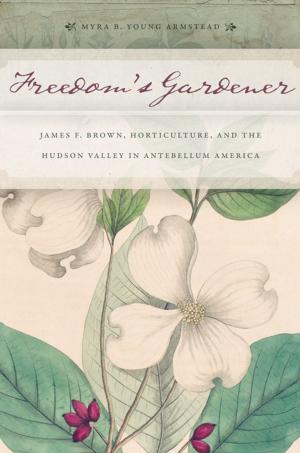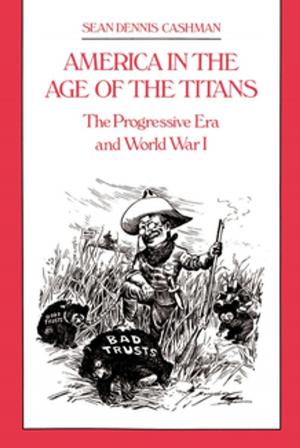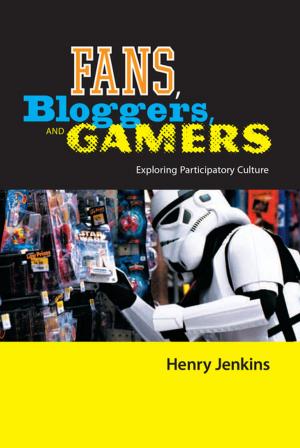Women, Love, and Power
Literary and Psychoanalytic Perspectives
Fiction & Literature, Literary Theory & Criticism| Author: | Elaine Baruch | ISBN: | 9780814786093 |
| Publisher: | NYU Press | Publication: | June 1, 1991 |
| Imprint: | NYU Press | Language: | English |
| Author: | Elaine Baruch |
| ISBN: | 9780814786093 |
| Publisher: | NYU Press |
| Publication: | June 1, 1991 |
| Imprint: | NYU Press |
| Language: | English |
Elaine Baruch is not only among the most quiet-voiced and fair-minded of feminist writers. She is also among the most far-ranging in her scholarship, equally at ease with the writers of the Renaissance and Freud, the medieval troubadours, and our contemporary polemicists. . . instructive, absorbing, and persuasive.
--Diana Trilling
A lively mind is at work here and a keen and witty writer too.
--Irving HoweThis is a fine collection of essays. . . making many imaginative conjectures and amusing connections.
--Times Literary SupplementIn these essays what emerges is a history of romantic love. . . Highly recommended.--Library Journal
Arguing that romantic love need not be a tool of women's oppression, feminist critic Baruch. . . contends that unacknowledged male fantasies about love motivate much literature by men. . . rewarding, provocative.--Publishers Weekly
Utilizing both Freudian and non-Freudian psychoanalysis as well as feminist criticism, Baruch examines literary works by women and men from medieval and Romantic periods as well as cultural observations on the twentieth century and how they have influenced attitudes toward love.
Elaine Baruch is not only among the most quiet-voiced and fair-minded of feminist writers. She is also among the most far-ranging in her scholarship, equally at ease with the writers of the Renaissance and Freud, the medieval troubadours, and our contemporary polemicists. . . instructive, absorbing, and persuasive.
--Diana Trilling
A lively mind is at work here and a keen and witty writer too.
--Irving HoweThis is a fine collection of essays. . . making many imaginative conjectures and amusing connections.
--Times Literary SupplementIn these essays what emerges is a history of romantic love. . . Highly recommended.--Library Journal
Arguing that romantic love need not be a tool of women's oppression, feminist critic Baruch. . . contends that unacknowledged male fantasies about love motivate much literature by men. . . rewarding, provocative.--Publishers Weekly
Utilizing both Freudian and non-Freudian psychoanalysis as well as feminist criticism, Baruch examines literary works by women and men from medieval and Romantic periods as well as cultural observations on the twentieth century and how they have influenced attitudes toward love.
